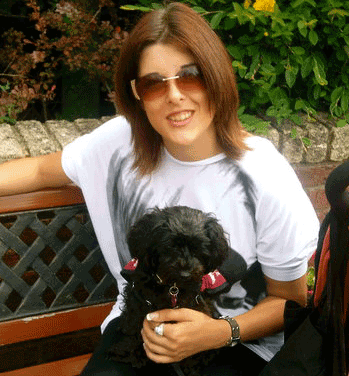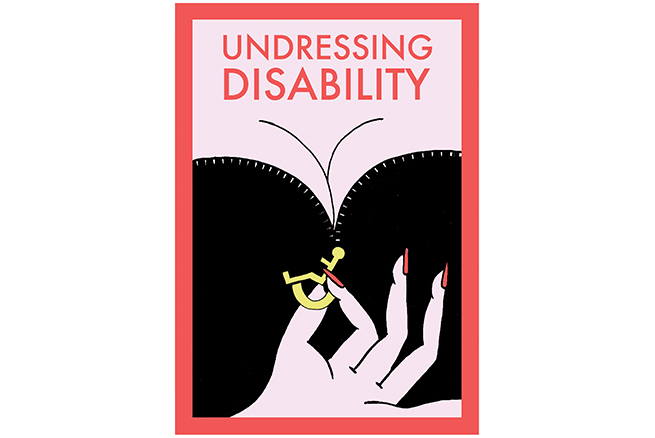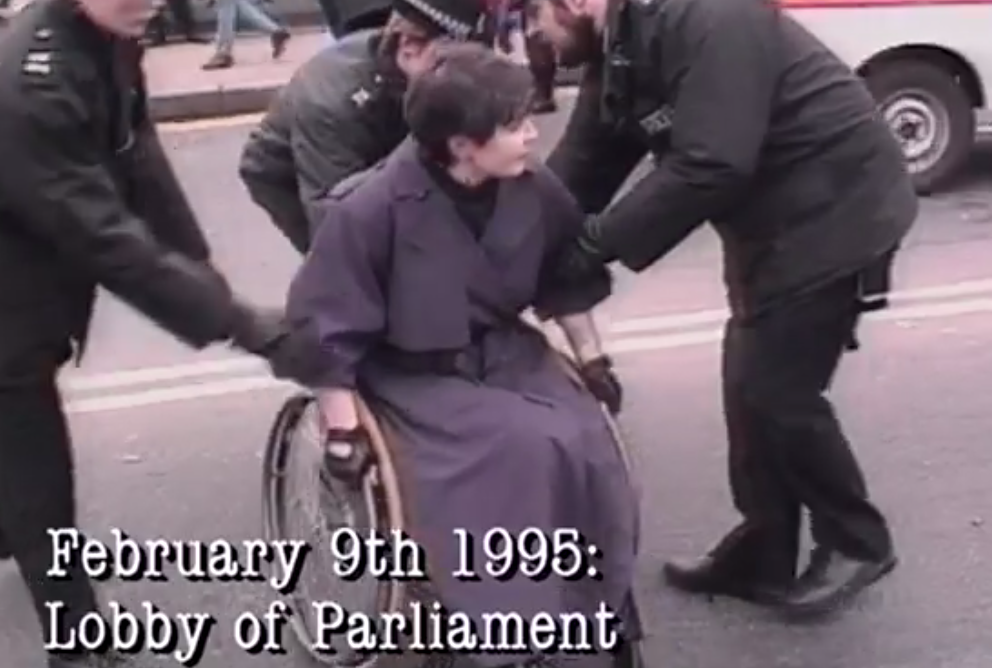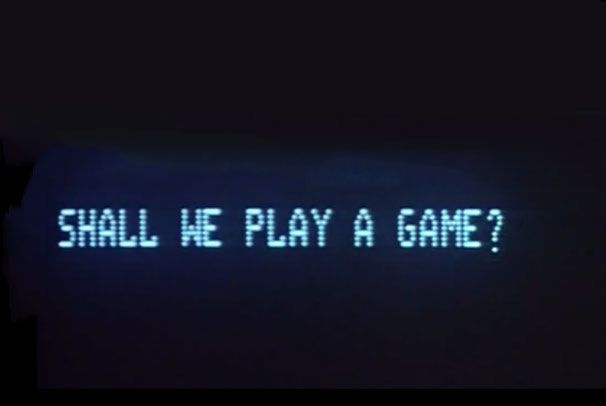Growing up in the 80s I spent much of my errant youth glued to a television screen, playing one of the latest video games with my friends. Being totally immersed in the latest game, whether it was Sensible Soccer, Streetfighter II Turbo or Chuckie Egg, I was a proper video game junkie.
Then there were the Game & Watch games, where Mario and Donkey Kong became instant take anywhere classics. I embraced the games revolution like most teenage boys at the time.
But then slowly I began to realise that my hand to eye co-ordination wasn’t great and I found it difficult to focus on fast moving games. Most of these early games were very basic compared to what we are used to seeing now and I managed to adapt and try and keep up.
I started to understand that the games I enjoyed playing were the slower paced ones, where you had time to think. I used this excuse because I always said I enjoy more of a cerebral experience, but really I was just plain rubbish at all the action games. The reason, I have come understand was to do with my disability. As someone who has dual sensory loss, games have always been a constant challenge for me, particularly games that require lightning quick reflexes and being able to think quickly and act even quicker.
The first time I noticed that I had serious limitations was when I first played an arcade game that used a light gun to shoot things on the screen. Can’t remember the name – we’ve all played them at some point. I put my token in and picked up the gun, and then wham – noise and things flying all over the screen. 30 seconds later the dreaded ‘Game Over’ sign drifted into view. I had killed one thing that I saw and missed pretty much everything else. All I can say that in a Zombie Apocalypse my only hope is that the zombies come straight at me really slowly one by one!

Shoot, Kill, Die. Game Over.
So arcade machines were generally off limits, I spent fruitless hours staring at these loud shouty glaring things that just made me want to curl up into a ball and hide. That’s when I discovered that actually much as I like games, I hated arcades, could someone please turn the lights up and turn the noise down. See, I was a grumpy old man even in my teens.
I never really thought that there might be other people around that had the same problem as me, I just thought to myself “well if you can’t play those type of games, what can you play?”. So quite simply I ended up playing the games that gave you time to think and didn’t rely on quick reactions. So my whole gaming philosophy changed, I looked on enviously at some of my friends playing all these full on action games and much as I wanted to have a go, whenever I got the chance I ended up dead very quickly and usually embarrassed with my godawful lack of skills.
I understand that there are people that also just don’t like action games and enjoy the slower paced games, but I also feel a bit cheated that I never really had the opportunity to enjoy them, there was never really an alternative for me.
Fast forward to current day and I sit and wonder whether things have changed. Are games more accessible for people that have disabilities? I imagine it’s quite a difficult problem for many games developers, as there are so many different types of disability. It’s not like they can all just do one thing that will make their games accessible, some people have sensory problems like myself, others cognitive, and there really is not a catch all way for games to be instantly accessible for everyone.
Even now I avoid games that require fast reflexes, as I’ve matured as a gamer (not in the real life sense) it’s easier for me to brush off any advances of playing the latest Call of Duty or Assassins Creed as me being too old for any of that guff. But I sometimes yearn to play those games as someone who is able bodied, without the restrictions of my eyesight, reflexes and hearing getting in the way.
I recently tried to play a very popular RPG called Skyrim on my PC, it does give you the ability to take your time and you don’t necessarily have to have super fast reactions. But what do you do need to have is spatial awareness and the ability to see what’s happening on the screen. I would love to tell you I had a thrilling experience, but after playing it for over an hour I was still on the very first level, and constantly walking down dead ends and getting stuck in corners and just basically not being able to see where I was going. Talk about art imitating life. Do I really want to spend my gaming time walking around like a blind man plodding around aimlessly hoping to kill things that I stumble upon? It doesn’t sound like much fun, and it really wasn’t.

A typical dungeon in Skyrim, where’s the bloody light switch!
Where does that leave us now, in terms of accessibility and games? In my experience there still seems to be a lack of involvement by the games industry, and I decided that it would be a good idea to find out. I’m by no means an expert on the subject, but luckily for me I have been speaking to Ian Hamilton who is an expert on accessibility in gaming, and spends much of his working life as a consultant for the games industry. For a different perspective I also spoke to James Kaye, the Director of Big Ideas Machine a PR & Marketing agency who work extensively within the games industry. So I thought I’d ask them both some questions about the subject to discover their views and also see if they agree on the main issues.
Q. One of the main problems that I see is that there isn’t a single disability, or a simple fix that would make all games accessible. Do you think that the intrinsic nature that the whole area of accessibility is difficult to address that makes it harder for games developers to know what areas to address?
Ian: It’s not really too difficult, it becomes far more difficult if you start thinking about individual medical conditions. But they aren’t really relevant. For example Parkinsons and long sightedness. Two completely unrelated conditions, but if you can fix the barrier of small fiddly interfaces, you’ve improved access for both of those conditions, and many more.
Where it really gets interesting though is the nature of games, rather than the nature of accessibility. For other industries, such as web or construction, there’s a set bar, a level of what’s regarded as an acceptable level of accessibility. In games, you can’t have that. It’s because for a game to be a game, there must be some kind of challenge and goal, some kind of a barrier, or it wouldn’t be a game, it would just be a toy or an interactive narrative. And what that necessary barrier is varies greatly from game to game, mechanic to mechanic.
James: I think it is simple a case of what is also economical and the lowest common denominator. What I mean by that is that if you find out a huge swathe of your potential audience has some kind of vision impairment (to whatever degree – from colour blindness and beyond) then there may be a case to invest time and money into making the game more accessible. I think the simple reality is that for many small developers, they are either unaware of disability issues or simply have not got extra budget to make the necessary changes.
Q:How do you think games publishers can publicise that their games are more accessible? Iit seems to be that there’s a serious lack of information that’s easily available for gamers with a disability.
James: In the case of mobile then I would be approaching Apple and Google and actually starting an initiative with them to add clear markings on the App Store or even have a dedicated category. On a simple level, game devs can make it clear in their app store descriptions, screenshots and video that the game is suitable for certain types of disability. I would also think about partnering with key influential media to ensure they support the games or make their disabled audience aware that they even exist.
Ian: It’s a huge issue in games. It’s not like for example DVDs, where you can just pick up a DVD and see at a glance whether it has subtitles. Despite the meteoric rise in awareness and implementation, it’s still really rare for developers to actually tell anyone about work that they have done. With serious consequences. For example, when the popular mobile titles Dots and Flow Free launched they were met with a barrage of complaints on social media from people who were colourblind and could not play the games. Both titles actually had perfectly good colourblind modes, but consumers just didn’t know to go looking through the settings menu to find them. As James mentioned, if this was clear on the app stores, then this situation would have been avoided.
Q: Growing up with a visual impairment I naturally deviated away from the action games as I just couldn’t play them, do you think that this is a problem that still inherent in the games industry today?
Ian: Yes, it is. There are some games that offer a high contrast mode, such as Street Fighter 4, Epic Eric and Shoot1Up, and others (predominantly MMOs, such as EVE Online) that allow interfaces to be scaled up, but they’re a very rare exception. Size and contrast are really common complaints in gaming.
James: Not at all on mobile. If anything, mobile is a much slower experience because faster games have not traditionally been that prevalent although they are appearing. I think that these days, there is such a massive choice of high quality games on Steam and the app stores then there is something for everyone. The reality is that there is such a massive spectrum of possible disabilities that some games, such as ‘twitch’ based FPS action games will remain locked off you someone such as yourself simply by the very nature of what they are, no matter what the developer does. Luckily, you have channeled your passion into other types of game!
Q: With the advent of mobile gaming and more and more people playing games on smaller screens, do you think that this is actually causing more of a problem for the games industry, as it’s harder to make games accessible on smaller devices?
James: Once again, it really depends on what the accessibility requirements are because different types of disability will have different needs. That said, the advent of Chromecase and Apple TV means that mobile games can now be projected onto large home TV’s with larger dedicated console style controllers that work with them. In this regard, I think is is a huge positive for many disabled gamers to have the ability to play in larger screens with better input devices. That said if you are hearing impaired then no sized screen will make up for a lack of subtitles.
Ian: Not really, as small screens force designers to think in a reductionist way, and think about people experiencing the game in a different circumstance to the circumstances in which the game was designed (i.e. on a small screen Vs a 28 inch mac monitor). There’s also the realm of situational impairment, so for example people playing in direct sunlight, without headphones, one-handed while holding onto a subway handrail and so on, more and more reasons why the kind of considerations you would make for people with physical impairments are just good design for the wider game playing audience too.
As always mobile devices are a bit of a double edged sword.. the direct interaction is great for some people, in particular those who have difficulty understanding the metaphor of a controller, but a big blockers for others, who aren’t physically capable of performing things like swipes and pinches. The touchscreen makes the device ideally suited to blind users, as the way that screen readers work on touch screens is ideally suited to navigating interface games.. but the way that most game engines render out their visuals blocks the screen readers from working.
The key thing is providing options. A great example of that is Into the Dead, a 3D endless runner where you’re running through a field of zombies, ducking between them as they try to grab you. For most of development the controls were tilt-based, but not long before launch they added in a few other control options (buttons on either side of the screen, a virtual stick on the left, and a virtual stick on the right), specifically to open up access to players who were physically unable to hold the device up and tilt it.
They expected the vast majority of people to use the tilt controls, as they thought it was the most fun option. However the usage data they tracked actually showed 25% use across each of the four options. So through catering for what they percieved as a small minority, they had actually made the game a more enjoyable experience for the 75% of their players who preferred not to use tilt.
Q: Is it always going to come down to cost and the fact that a lot of games publishers and developers just don’t want to spend the money on research and finding solutions for gamers with disabilities?
Ian: Kind of. There’s a misconception that accessibility has to be difficult and expensive, but it’s not really the case, there are game jam games produced in less than two days that have huge swathes of accessibility considrations. It’s really just a case of where in development you think about it. Some features are always going to take extra time and money, but if you think about it early enough, there’s actually a great deal that can be done for very little effort, or even completely for free – just by making a simple design decision to do option A instead of option B.
It’s also not really much of a research issue, the knowledge is already out there, via resources such as gameaccessibilityguidelines.com. It’s just a case of raising awareness that accessibility is even a think, busting those myths about time and money, and actually just doing it.
James: Unfortunately yes – until an organisation actually invests in research of mobile gamers and the potential audience then it will boil down to plain economics ,especially for the small independent developers. Even if the research came out, it may be that the developers will pick and choose what kind of disability they want to support as some will have more of an impact on the experience than others.
Q: If there was one thing that you think the whole games industry could benefit from to improve accessibility for everyone, what would it be?
James: I think it is likely awareness for the game developers and someone to commission an actual study on disabled gamers. This way, the study could be PR’d and the whole community could gain a better understand as to their audience and what disability there are out there. It’s really only through awareness and education that anything will change and at present, there are few people talking about disabled games at conferences as it is not seen as as issue or not being sufficiently raised as such.
Ian: Inclusion of accessibility criteria in funding programmes. That’s something that has been done in Australia with astounding success – in the three years that the Film Victoria funding body has included accessibility in their application process, 100% of developers applying for the funding have considered some degree of accessibility. That’s just unheard of in the wider industry.
Note: The Film Victoria funding body state on their website that, “We encourage applicants to produce games that are accessible to people with a disability, including audiences.”
It’s a really simple approach, the funding application form just says if you’re thinking about accessibility, tell us how, and if not, tell us why not. No-one has yet chosen the second option. It gets developers thinking about accessibility at a point at which they’re receptive, they want to learn what will give them a good chance of being funded.
Q: Do you think disabled gamers feel ostracised from playing the games they want to play due to the lack of adaptability with games?
Ian: Absolutely. That’s one of the great benefits that access to gaming can bring – social inclusion, being able to do the same thing as everyone else. They also mean access to culture and recreation, between all of these things it’s pretty clear to see how important games can be to quality of life, and therefore how serious lack of access to them can be.
James: I agree with Ian on this one. If you cannot play a game you really like then you’re going to feel ostracised. It may not be a nice thing to say but ultimately it will boil down to a largely economic decision for many developers.
Q: In your opinion do you think that the games industry really cares about making their games accessible, or do you think they just feel the need to do tick box accessibility?
James: It’s hard for me to say as I’ve not spoken to enough people. I think the first step is engaging with trade bodies like TIGA and UKIE to bring it more into the agenda and gain more visibility through seminars, research, media and other sources.
Note: I have contacted the trade body TIGA for comment and will update the blog when I hear back from them on their own comments.
Ian: Tick-box accessibility doesn’t really exist to any extent in gaming, as there isn’t really a box to tick, i.e. there aren’t really any requirements for developers to consider it. The exception is subtitling, which a number of publishers require, and that’s where you do it often just thrown in at the last minute without much consideration. Subtitles in games are generally terrible, both in structure and presentation, which is a shame considering there are set well researched easy to follow standards from other industries (I’ve written a blog post explaining this in more detail here: Subtitles Good Practice).
Compared to people in other industries, I’ve found people in game development to be far more likely to be in it for the right reasons, genuinely passionate about their vision and creation being as enjoyable as possible to as many people as possible. So once people actually know that accessibility is a thing, it’s a natural fit. It’s just a case of A. knowing that it is even a thing B. knowing how to fit it into your workflow in a way that makes it financially viable and C. (for large companies) not being blocked by misconceptions amongst management.
Q: With the advent of wearable technology, do you envisage the accessibility of games becoming even more problematic?
Ian: As with mobile, it’s a double edged sword. For some people it will be a boon, for others, exclusionary. As always the answer is in options, allowing people to choose the way to consume the content that best suits their individual preferences and needs.
James: Again I agree with Ian. It totally depends how you look at things. The introduction of wearable technology may be incredibly liberating for many disabled gamers – it completely depends on what the nature of the game is as well as their disability. I think VR can be a huge plus if used in the right way.
So there we have it, some slight differences of opinion, but on the whole they both agree on the main salient points. In conclusion, it does appear that although there are some processes in place, until it actually becomes compulsory for games developers and the games industry as a whole to embrace inclusion, it will continue to be on the periphery of their focus. Which is ironic as I have no periphery vision either.
It seems there is no simple solution to accessibility in the gaming industry. There have been great strides since I was young, but I also think there is so much more that could still be done. I initially thought that it was a cost issue as to why the games industry don’t embrace accessibility and inclusion, but I think simply there needs to be an actual study or proper organised standard that the games industry must adhere to, before any great strides can be made. But it does appear that there could be some more straight forward processes that could be implemented that would make a whole range of games more accessible.
On a positive note, during my research I have discovered that there are more companies cropping up that are looking to make a difference and look to bring the subject of accessibility to the forefront. Includification is a great resource created by gamers and developers in partnership with The AbleGamers Charity, that look to encourage the games industry to improve accessibility. THere’s also a website which has produced accessibility guidelines for games publishers, but I wonder how much they are used.
But when a company like Activision Blizzard have made over $10 billion from the Call of Duty franchise alone; with the imminent release of the latest installment Black Ops 3 that is bound to rise significantly. You have to ask yourself – Is the games industry really doing enough to make their games accessible for all? And I think we all know the answer to that.








